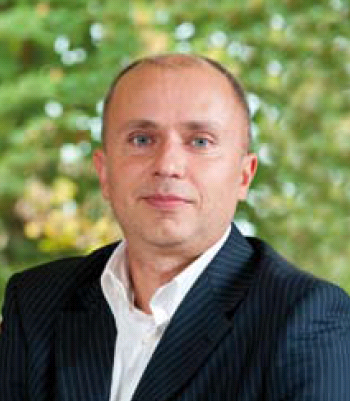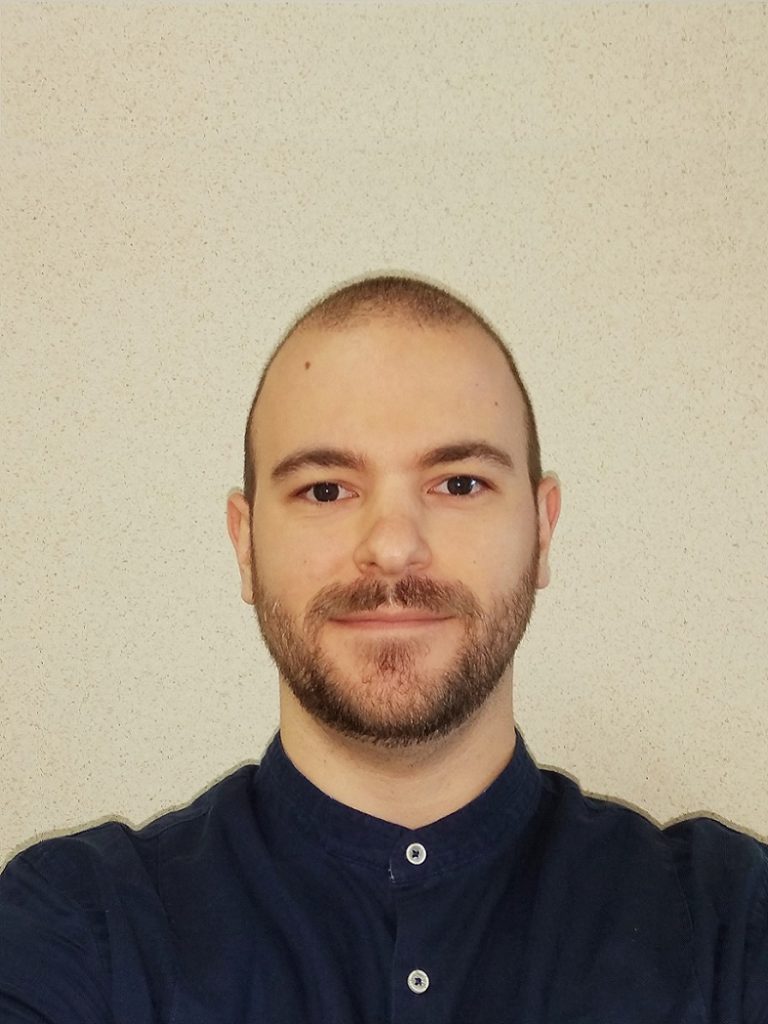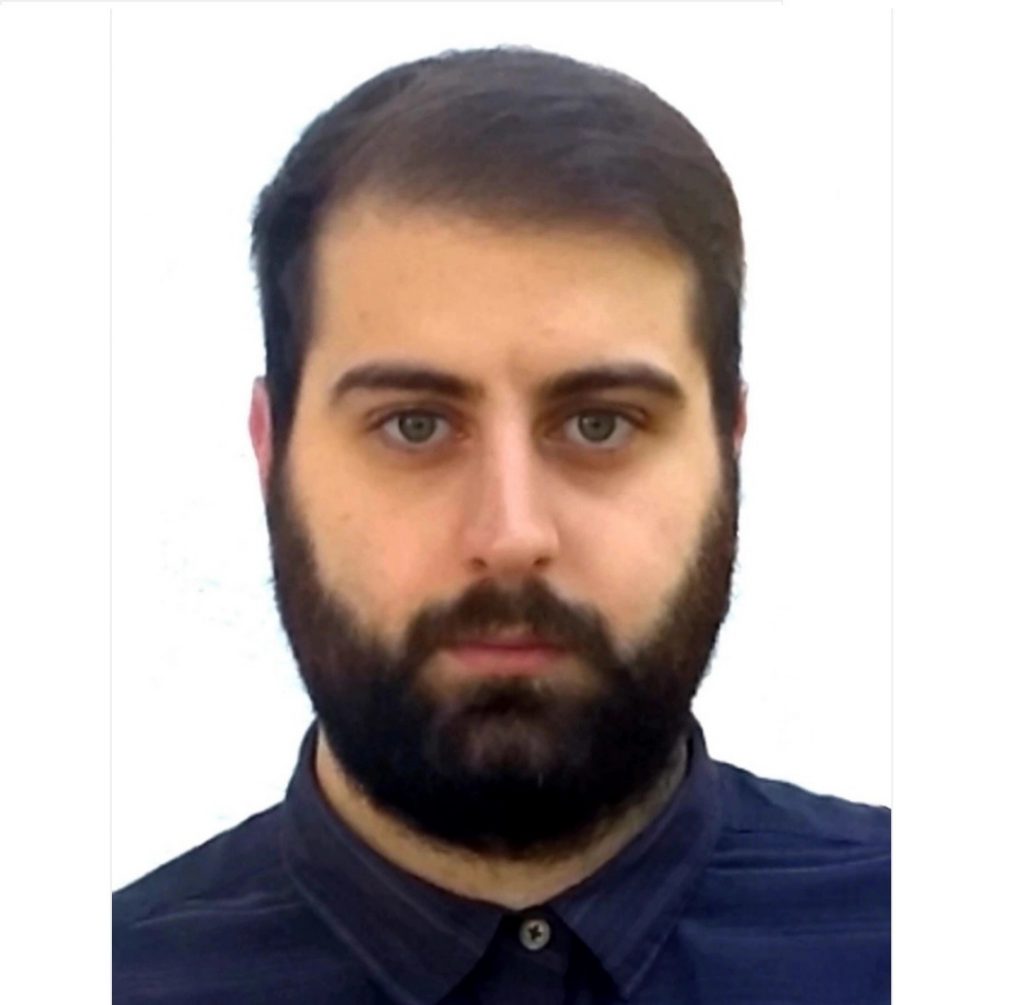Click on people’s names to access their full list of publications.
Full Professors

He is Full Professor of Electronics at the University of Modena and Reggio Emilia, Italy, where he acted as deputy dean for his College and Department and he has been member of the Academic Senate. From 2010 to 2016 he was Dean of the Electronics Engineering Program.
His research interests are in the characterization and modeling of Flash memory cells and on the development of new nonvolatile cells and, more recently, in the development of safety critical and wireless applications for automotive electronics. His activity is strongly connected to companies and start-ups in the hi-tech business.

He is full Professor of Electronics at the University of Modena and Reggio Emilia since 2006. Since 2008 he has been with the Department of Sciences and Methods for Engineering (DISMI), University of Modena and Reggio Emilia. In 2008 he was elevated to the grade of Senior Member of the Institute of Electrical and Electronics Engineers (IEEE). He is an Editor of the IEEE Transactions on Electron Devices for the Compound Semiconductor Devices section.
His research interests are in GaN-based field-effect transistors for power RF and power switching applications, InGaN/GaN blu light-emitting diodes, InGaAs MOSFETs for post-11-nm CMOS technology nodes and Si radiation detectors.
Associate Professors

He is Associate Professor of Electronics at the University of Modena and Reggio Emilia since 2018. He was a visiting Ph.D. student at SEMATECH, U.S.A., in 2013 and received his Ph.D. degree in 2015 with full marks. He is the recipient of two Best Paper Awards at prestigious international conferences (IEEE ICICDT 2013 and IEEE ESSDERC 2016) for his contributions on Resistive Memories compact modeling and Random Telegraph Noise in FinFETs. He also received a number of national recognitions for his student record and scientific contributions.
His research interests are in the characterization and physics-based/compact modeling of Resistive Memories for non-volatile memory, neuromorphic, and security applications. He focuses on novel characterization techniques, particularly noise analysis, and reliability of advanced devices like Resistive Memories, FinFETs, novel MOSFETs architectures. He is also interested in 2D materials for logic and memory applications, memory-in-logic devices and circuits for novel non-Von-Neumann computation schemes, and in the characterization and modeling/simulation of novel III-V devices for power and logic applications, and in advanced heterostructure bipolar transistors for high-speed communications.
Post-Docs

He is a Postdoc Research Collaborator at UNIMORE. He earned the PhD degree in ICT in 2021 with a thesis entitled “Simulation and Modeling Methods for Predicting Performance and Reliability of 21st Century Electronics”. His research interests are in the investigation of novel electron devices and circuits for applications such as digital logic, power conversion, non-volatile memory, and biosensors. During summer 2018 and 2019 he was a visiting scholar at Purdue University (USA) under the supervision of professor M. A. Alam. He currently works on dynamic and thermal properties of GaN HEMTs for RF applications and reliability of Ferroelectric FETs for non-volatile memories (NVMs).
PhD Students

He is a PhD student at the International Doctorate School in Information and Communication Technology since 2018. He received his B.Sc. in electronics engineering from the University of Modena and Reggio Emilia in 2014, and his M.Sc. in electronics bioengineering from the University of Bologna in 2017. His research interests focus on the use of novel emerging nonvolatile memory technologies for the development of new energy-efficient non von Neumann computing architectures, and for security and cryptography applications. He is the recipient or co-recipient of the Best Paper Awards at ESSDERC 2019, the Best Student Paper Awards at IIRW 2020, and the 2021 Travel Award from the MDPI JLPEA.

She is a PhD student at the International Doctorate School in Information and Communications Technology since 2020. She holds a bachelor’s degree in Chemical and Biochemical Engineering and she is specialized in Materials Engineering. Hers research topic is “Material-to-Device Modeling for Emerging Technologies” and she is working under the supervision of Prof. Francesco Maria Puglisi. Her research activity is focused on the studying of the physical mechanisms occurring in alternative materials and engineered dielectrics (HfO2, Ferroelectrics), as well as the defect-related phenomena (TAT, RTN, BTI) involved. Moreover, she is going to investigate the performance and reliability of such materials when implemented in innovative devices (RRAM, FeFET, FTJ) for emerging AI applications and edge computing systems.
Research Fellows

He is a research fellow for the ADAS+ project since 2020. He received his bachelor’s degree in electronics engineering in 2017 at the University of Modena and Reggio Emilia, and the respective master’s degree in 2020. His master thesis was developed during an internship in STMicroelectronics, Catania fab, and it is focused on driver drowsiness monitoring system based on Photoplethysmography (PPG) technique. His research activity is focused on the monitoring of driver psychophysiological state, in particular on a system that employs several human physiological acquisition signals such as eye blinking, gaze direction, head position, skin conductance response, breathing, and drunkenness to assess driver drowsiness and driver attention level.

He is a research fellow for the Horizon 2020 BeFerroSynaptic project since 2021. He received his bachelor’s degree in electronics engineering in 2018 at the university of Modena and Reggio Emilia, and the respective master’s degree in 2020, with a master thesis based on the characterization of novel non-volatile resistive memories (RRAM) and their performance evaluation in an ultra-low power logic in memory (LIM) architecture.
His research activity focus is now on the characterization of ferroelectric devices, in particular Ferroelectric Tunnel Junction (FTJ), for neuromorphic architectures.

He is a research fellow at the university of Modena and Reggio Emilia. He received his bachelor’s degree in electronics engineering in 2016, and the master’s degree in 2020 both at the University of Modena and Reggio Emilia, with a master thesis based on the characterization of novel non-volatile resistive memories (RRAM) for the design of RRAM-based neuromorphic architectures.
His research activity focus on the design of RRAM-based neuromorphic architectures leveraging brain-inspired plasticity rules towards low-power computation.
